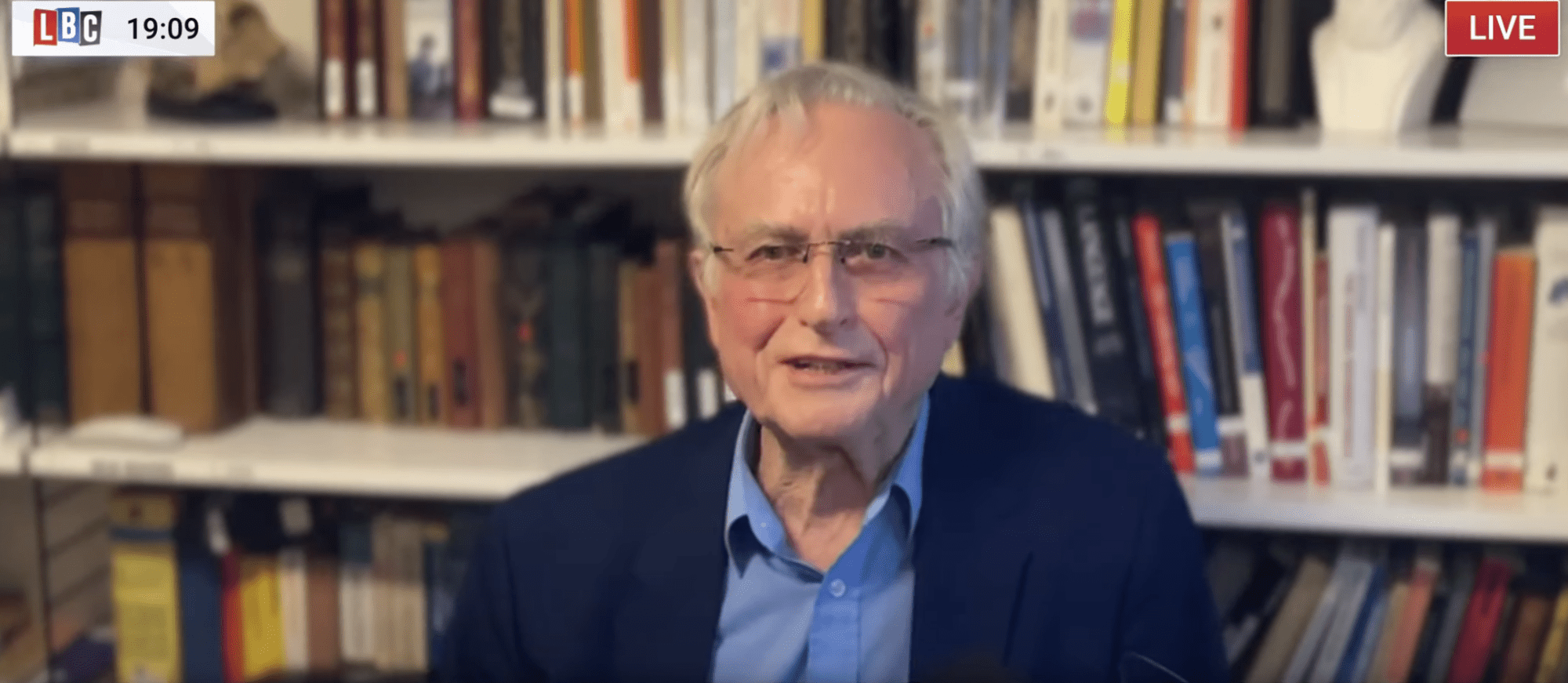The owl of Minerva spreads its wings only with the coming of the dusk, wrote Hegel, referring to the attainment of wisdom when it is already too late, or almost too late. Richard Dawkins, now 83, has once again stated that he regards himself as a “cultural Christian”. This is not a new position for Professor Dawkins. Even in the heyday of the New Atheists, he alluded several times to his love of choral Evensong and country churchyards and Gothic architecture — what you might call the form of English Christianity, rather than the substance.
“Cultural Christian” usually means someone who values the civilisational, artistic and moral benefits of Christianity, but is sceptical or ambivalent about its specific teachings. Clement Attlee famously said that he respected the ethics of Christianity but not “the mumbo-jumbo”. Jordan Peterson, whose wife became a Catholic this Easter, has a very high view of the Bible as a repository of truthful reflection on human nature, but does not describe himself as a believer.
Cultural Christians tend to come under fire from both sides. Observant Christians criticise them as free riders, who want the advantages of Christian societies without the hard work of believing and belonging and repenting. TS Eliot rebuked them in his Choruses From The Rock: “Do you need to be told that even such modest attainments as you can boast in the way of polite society will hardly survive the Faith to which they owe their significance?”
More hardline atheists, meanwhile, accuse them of lacking the courage of their convictions, and of lending succour to the dark and reactionary elements of faith because of their unwillingness to forgo aesthetically pleasing weddings and a cosy service on Christmas Eve.
I have made the first kind of critique myself, and it has some force. It is true that all the aspects of Christianity appreciated by the Petersons and Attlees ultimately depend on other people actually believing the “mumbo jumbo”. The great cathedrals, the Christmas carols and the enduring liturgical poetry of the Catholic Mass and the Book of Common Prayer were not, and could not have been, created by half-believers who found Christianity merely soothing and comforting.
All that said, I have a soft spot for the cultural Christians. For those like me who love the heritage and history of Britain, they should be regarded as allies, because they understand — as many do not — what exactly makes our inheritance unique and special.
As a Christian, I appreciate how difficult it can be for individuals raised in scientific modernity to break their materialist programming, and to accept the historic reality of events like the Virgin Birth and the Resurrection. Those who can’t quite bring themselves to believe in full, yet still find consolation and moral guidance in the faith, are to be commended for their openness, and encouraged to think about what it might mean if beauty and truth and joy are real things in the universe, rather than mere illusions generated by collisions of atoms.











Join the discussion
Join like minded readers that support our journalism by becoming a paid subscriber
To join the discussion in the comments, become a paid subscriber.
Join like minded readers that support our journalism, read unlimited articles and enjoy other subscriber-only benefits.
Subscribe